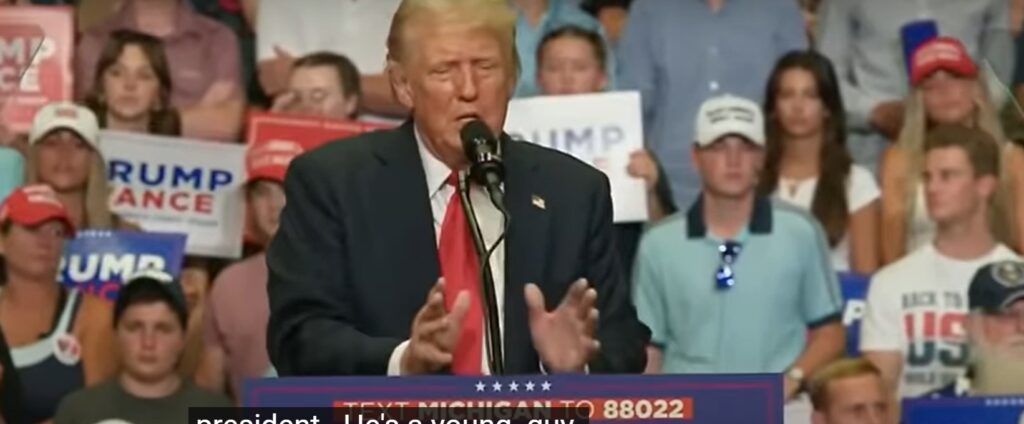In recent weeks, PA officials have expressed unease over statements from Israeli Prime Minister Benjamin Netanyahu and other ministers, who have suggested that annexation efforts may be renewed.
Netanyahu reportedly indicated in closed meetings that, once President Trump re-enters the White House, applying Israeli sovereignty over parts of the West Bank should be a priority. Finance Minister Bezalel Smotrich also stated on November 10 that he believes 2025 should be the “year of sovereignty” in the region.
Nabil Abu Rudeineh, a spokesperson for the PA presidency, responded to Smotrich’s statements, asserting that they signal the Israeli government’s plans to consolidate control over the West Bank by 2025.
He cautioned that such policies, backed by the U.S., could provoke a major escalation in regional tensions.
Abbas’s Diplomatic Efforts Amid Concerns of Annexation
This week, Abbas met with Saudi Crown Prince Mohammed bin Salman in Riyadh after attending a Saudi-hosted conference advocating for a ceasefire in Gaza and Lebanon.
According to PA sources, Abbas expressed concerns about Israel’s annexation intentions under Trump’s administration, as well as the broader implications for the Palestinian territories.
Sources indicate that Abbas and bin Salman discussed strategies to pressure Netanyahu into accepting the establishment of an independent Palestinian state, potentially as part of a broader normalization agreement with Saudi Arabia. Abbas is reportedly seeking ways to enlist Trump’s support in exerting necessary pressure on Netanyahu.
Israel has already prepared groundwork for annexation, a process that began in 2020 as part of Trump’s “Deal of the Century.”
Headed by then-minister Yariv Levin and a team of senior American officials, the effort included drafting maps, regulations, and provisions for settlement expansions in the West Bank.
However, when this proposal encountered resistance—both from settlers and political figures like Benny Gantz and Gabi Ashkenazi—it was shelved in favor of the Abraham Accords, establishing diplomatic ties with several Arab nations.
Preparing for Trump’s New Term: Abbas’s Strategy
The PA is also reportedly holding discussions with Hamas about forming a technocratic committee to administer Gaza post-conflict. Abbas appears to be preparing for a new chapter with the incoming Trump administration, slated to begin on January 20, with the aim of reviving peace talks on a two-state solution.
PA officials say that Abbas, now 88, is motivated by a desire to leave behind a legacy of advancing Palestinian statehood.
Recognizing Trump’s intention to expand the Abraham Accords to include Saudi Arabia and other Muslim countries—a move that could further isolate the PA—Abbas has initiated discreet outreach efforts to Trump’s circle.
Sources report that Abbas met with Lebanese-American businessman Masad Bolus, who has family connections to Trump, at the UN General Assembly in September to open lines of communication.
During their meeting, Abbas conveyed a willingness to negotiate peace on the basis of a two-state solution and agreed to the presence of international observers to safeguard Israeli security.
Through Bolus, Abbas also assured Trump that an independent Palestinian state would coexist peacefully with Israel.
According to Fatah insiders, Abbas is prepared to overlook Trump’s previous actions, including funding cuts to UNRWA, the closure of the PLO offices in Washington, and the relocation of the U.S. embassy to Jerusalem.
Abbas initially rejected Trump’s 2020 “Deal of the Century,” which offered a Palestinian state over 70% of the West Bank.
However, he is now reportedly willing to reopen negotiations without preconditions.




